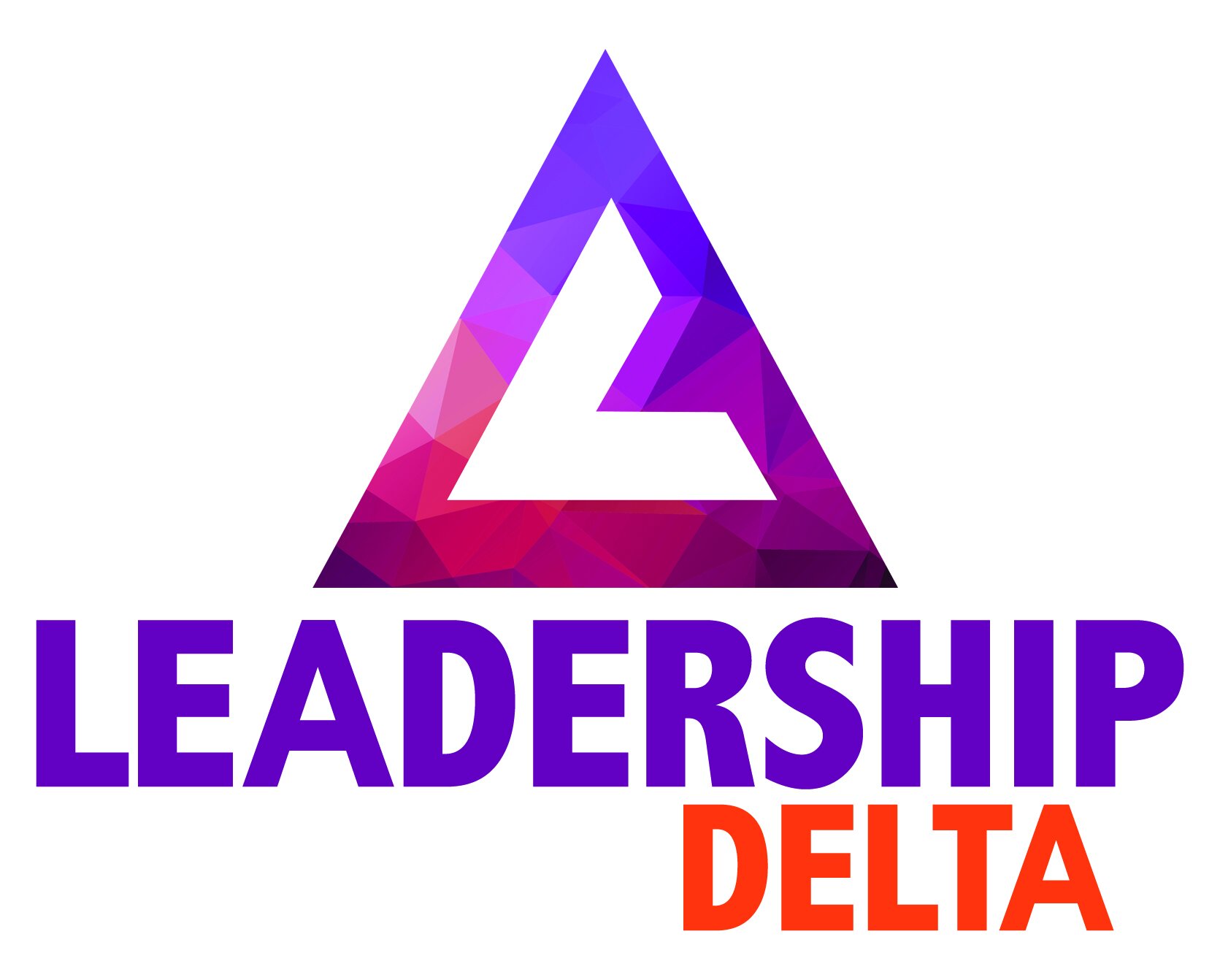Mindful Leadership in a Complex Workplace
In an era of unprecedented workplace transformation, intentional leadership has never been more crucial. While intention has always been defined as a determination to act in a certain way, today's workplace demands a more nuanced approach—one that bridges generational differences, navigates organizational changes, and builds lasting trust across teams.
The Evolution of Intentional Leadership
According to Gallup, organizations that implement strengths-based practices have a 67% higher employee engagement rate. But what does it mean to be truly intentional in today's dynamic environment? It's about more than having clear purposes and strong structures—it's about creating meaningful connections across different generations, perspectives, and working preferences.
Emotional intelligence serves as the foundation for this evolved form of intentional leadership. Dr. Travis Bradberry found that 90% of top performers are also high in emotional intelligence. These leaders excel at understanding different perspectives, adapting their communication styles accordingly, and ensuring every team member feels equally valued regardless of their background or preferences.
The Three Pillars of Modern Intentional Leadership
1. Multi-Generational Understanding
Today's workplace spans up to five generations, each bringing unique perspectives, values, and working styles. Intentional leaders master the art of bridging these differences through inclusive communication and flexible management approaches. Whether working with experienced Baby Boomers, pragmatic Gen X, digital-native Millennials, or emerging Gen Z professionals, the key is recognizing and leveraging each generation's strengths while fostering cross-generational mentorship and collaboration.
2. Trust-Based Accountability
In an age where workplace expectations are evolving rapidly, building trust while maintaining accountability becomes paramount. Successful leaders are developing new frameworks that balance autonomy with responsibility. This means creating clear expectations and metrics while trusting teams to deliver in ways that work best for them. The goal is to foster a culture where accountability drives success, not fear.
3. Change Management Excellence
The most effective leaders today understand that managing organizational change—whether it's return-to-office mandates or new working models—requires both firmness and empathy. This means being intentional about:
Communicating the rationale behind organizational changes
Creating inclusive dialogue around new initiatives
Building support systems for transition periods
Modeling adaptability while maintaining consistency
The Mindset Shift
Being an intentional leader in today's workplace requires a fundamental mindset shift. It's about understanding that leadership isn't about control—it's about creating an environment where diverse perspectives thrive and accountability stems from trust. This means:
Approaching each interaction with curiosity and openness to different viewpoints
Creating inclusive experiences that value various working styles and preferences
Building trust through consistent communication and follow-through
Recognizing and adapting to different generational communication preferences
The Impact of Intentional Leadership
When leaders lead with intention in this new workplace paradigm, the results are transformative. Teams report higher levels of psychological safety, increased innovation, and stronger cross-generational relationships. More importantly, they create cultures where people feel valued, understood, and empowered to bring their best selves to work.
Moving Forward
The future belongs to leaders who can maintain human connection while navigating complex organizational changes. It belongs to those who understand that intentional leadership isn't just about what you do—it's about how you create an environment where trust, accountability, and multi-generational collaboration flourish.
Ready to develop your intentional leadership skills for today's dynamic workplace? Contact us to learn how we can help you create meaningful connections and drive performance while building a culture of trust and accountability across your entire team.

